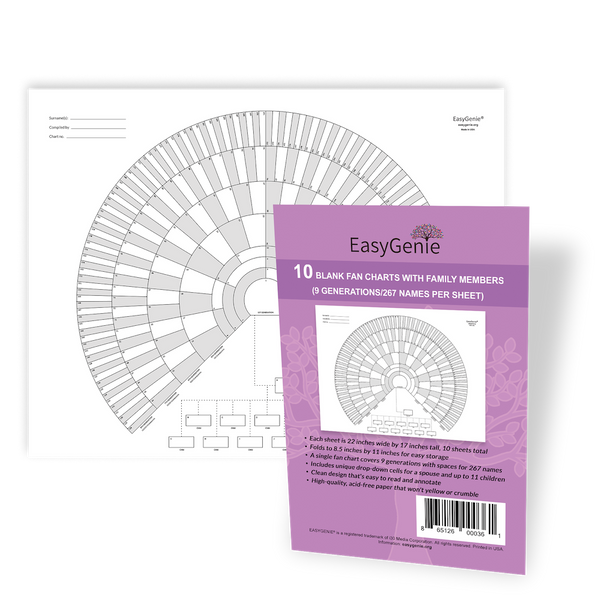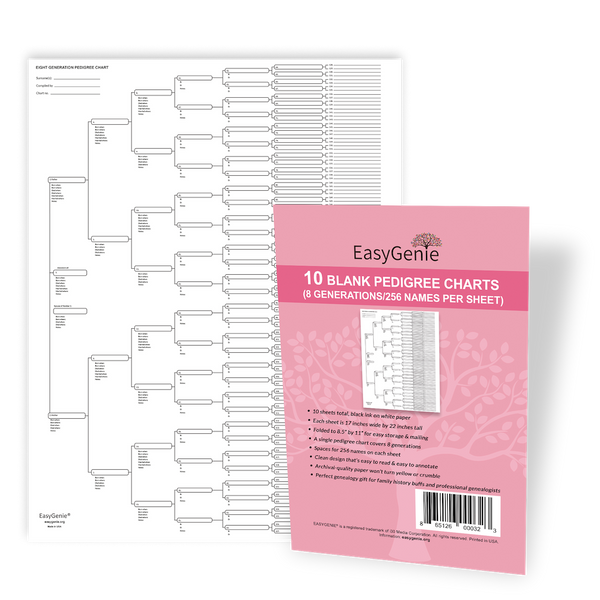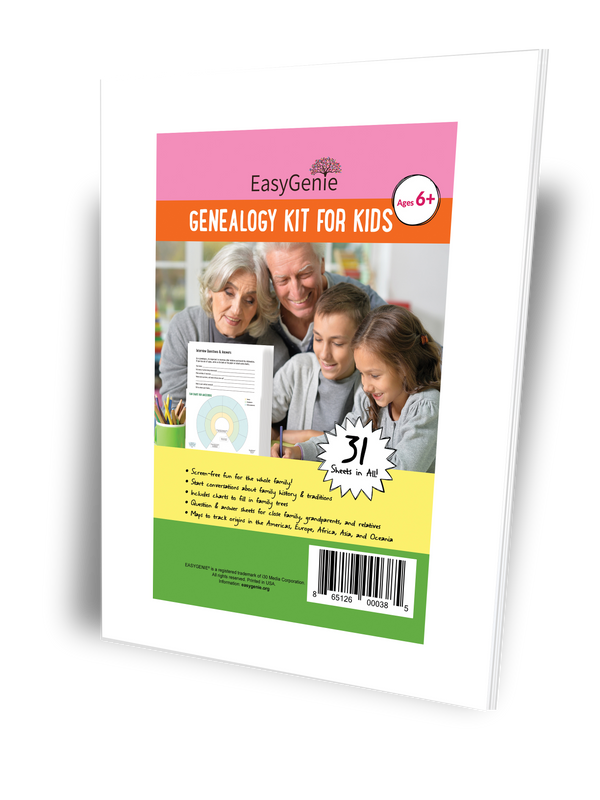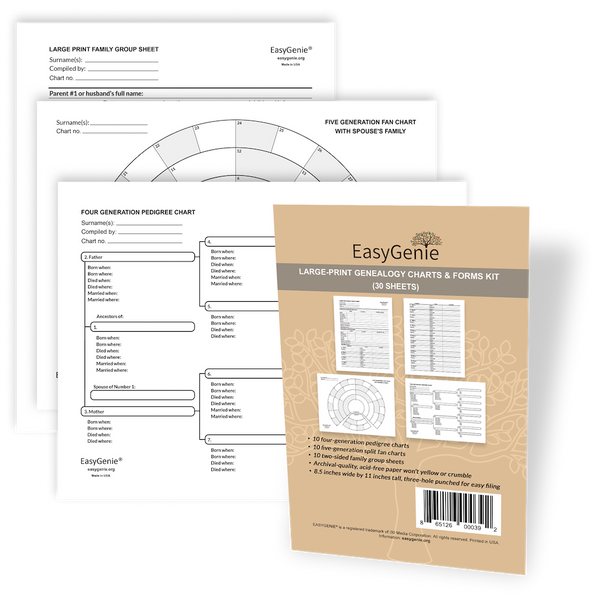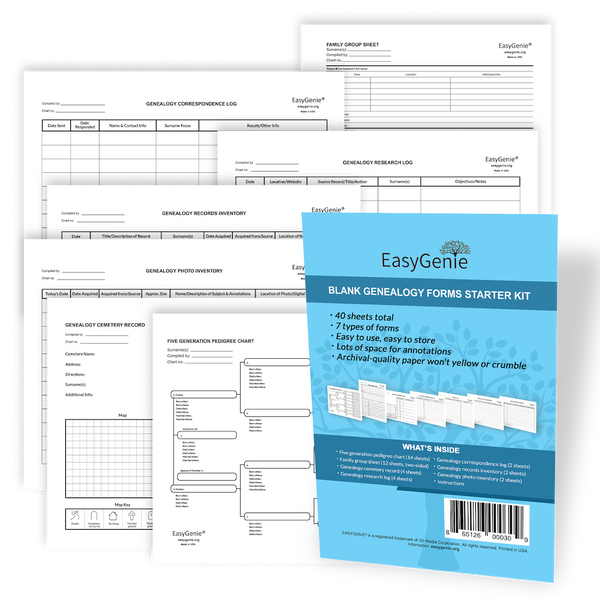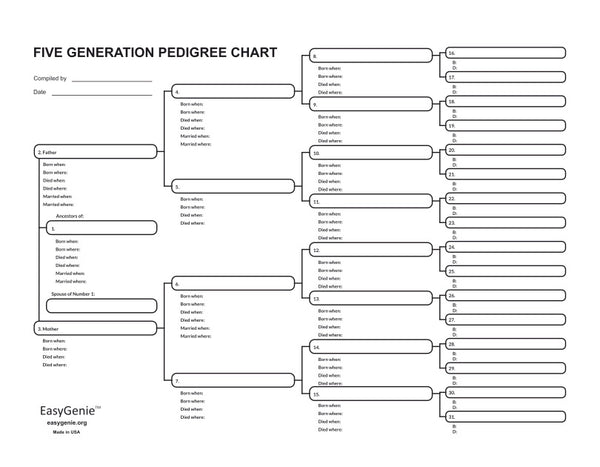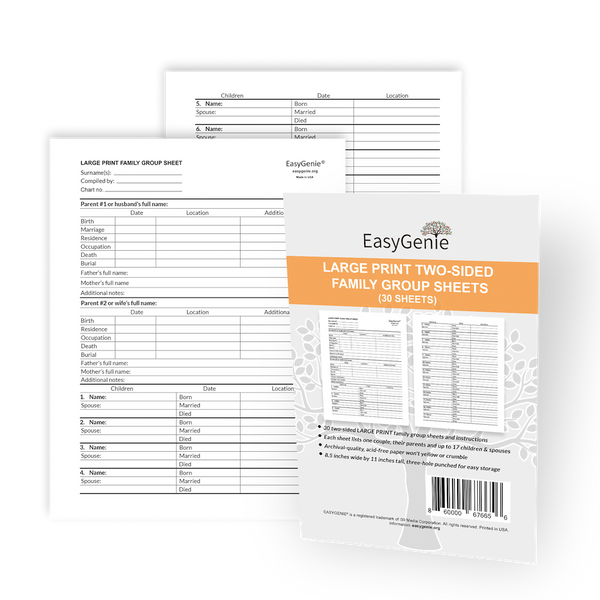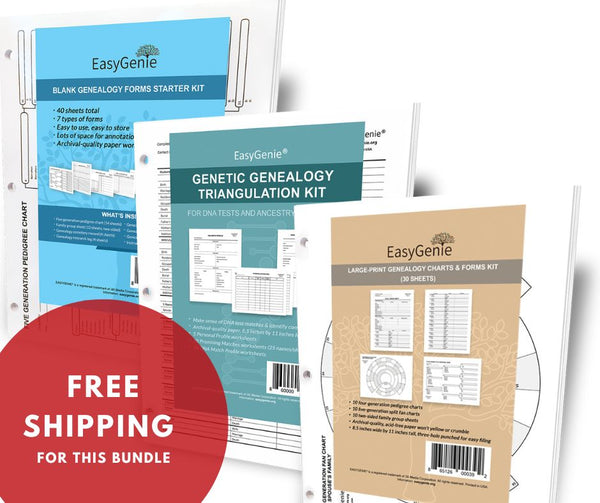
Why genealogists should interview friends of ancestors
Ian LamontIf you could interview one living person who knew a deceased ancestor, who would you choose?
Many would turn to spouses or children to get the best insights into the deceased’s adult life. Living siblings would be another source of information, particularly when it came to the ancestor’s childhood or household growing up (see “2003 road trip to learn Aunt Katherine's story”)
There’s another source of recollections about deceased ancestors: close friends, classmates, and colleagues. That could include anyone who spent a lot of time with the ancestor, from army buddies to college roommates to bowling league teammates.

My grandfather worked in a GM plant for 50 years. My father knows a few stories about his job, but the people who knew him best were friends like Mike Tracey and Butch Conley, shown above in a photo at a 1963 company picnic.
It’s too late to interview them now, as it is for my great-uncle’s close friends in the Army after World War I, shown at the top of the newsletter. But I have had luck with other people on my tree.
For instance, my uncle passed away years ago, but his best friend is still alive and lives nearby. Let’s call him “D.C.” I recently had a chance to interview D.C., and heard story after story from their time together going to high school in the 1960s, through the wild days of the 1970s, and into their adult lives.

Some of the stories were very funny, and can’t be repeated here. Let’s just say there was a crew of four guys including D.C., my uncle, and two hell-raisers named Dave. The group had many adventures in their hometown before they settled down. Other recollections were more serious, such as the constant tension between my uncle and my straight-laced grandfather.
In fact, it was the stories about my grandfather that were the most unexpected and gave me new insights into his character. “I never saw your grandfather raise his voice,” D.C. said.
My grandfather also made sure at least one of the friends (D.C.) had a better sense of responsibility and would look out for his son. D.C. also knew details about my grandfather’s real estate business, which at one time was bigger than “all of the other realtors in the city combined.”
Don’t overlook opportunities to interview close friends of the deceased. You will almost certainly end up striking genealogy gold.
